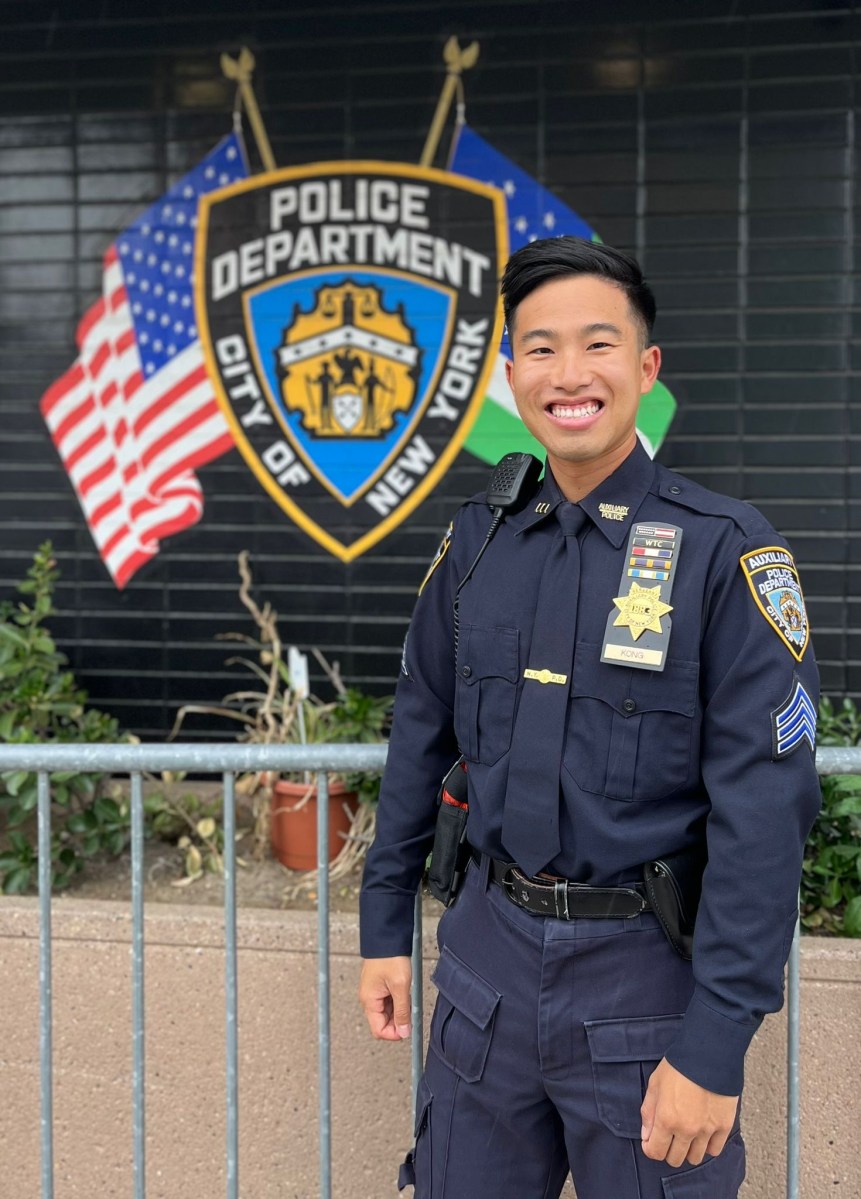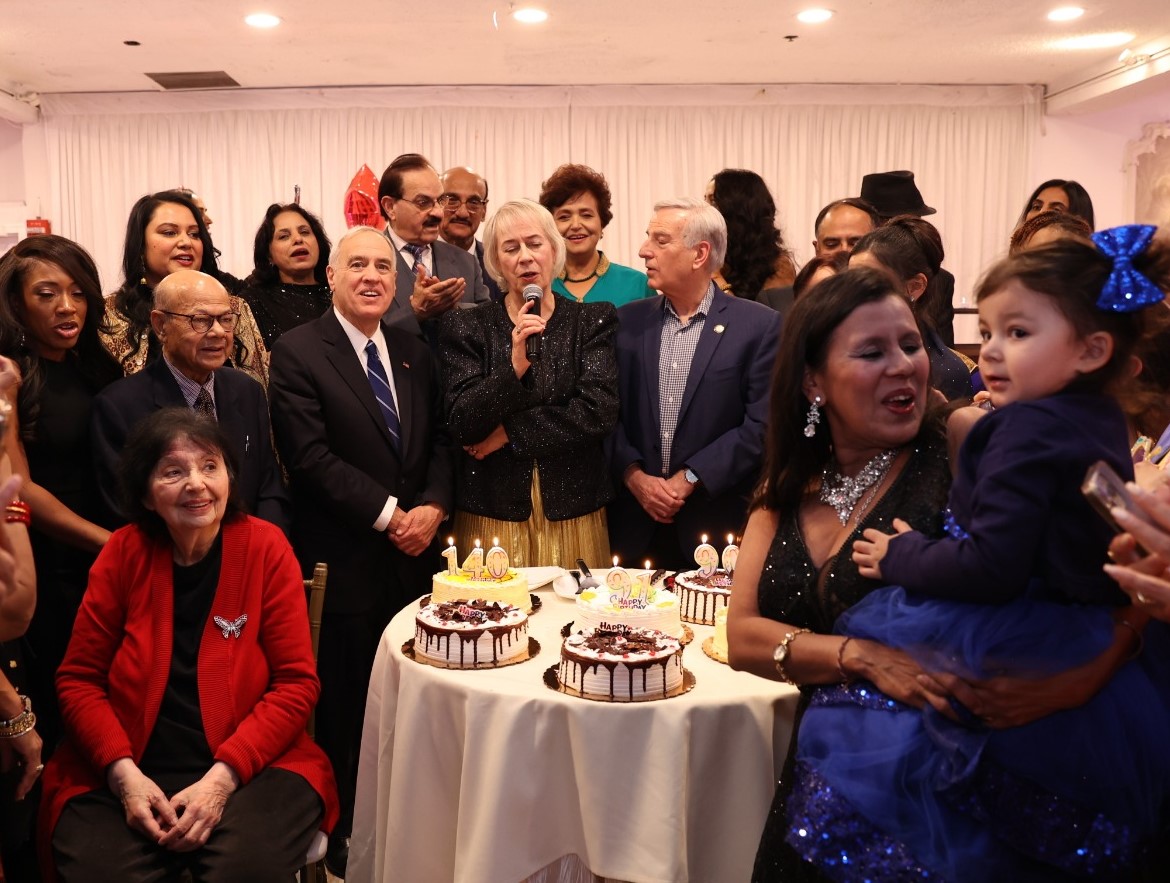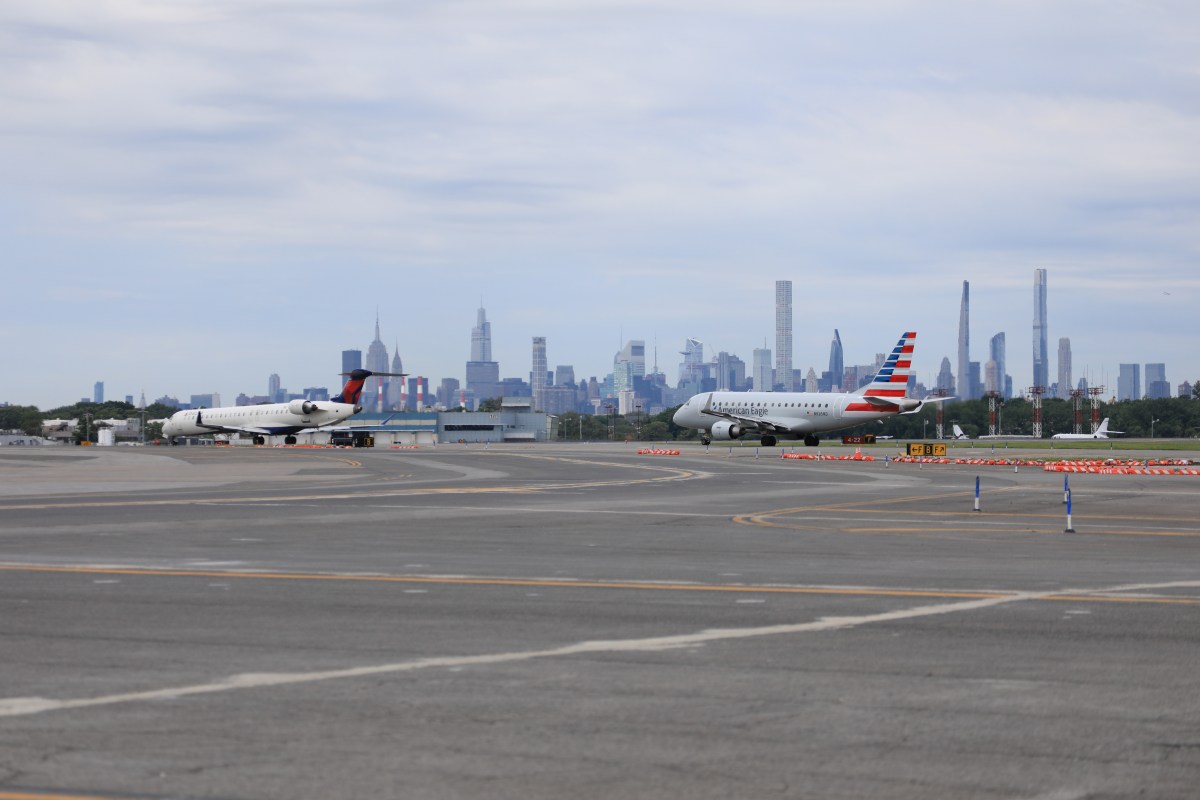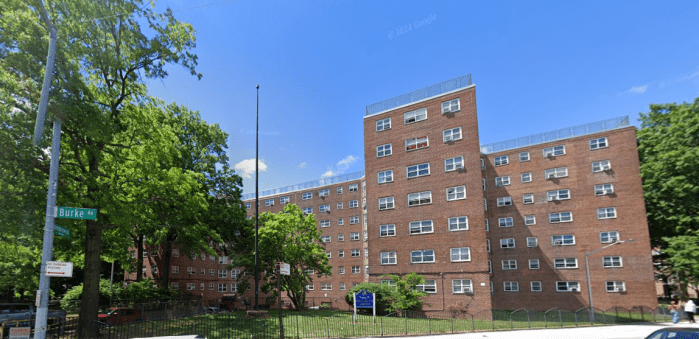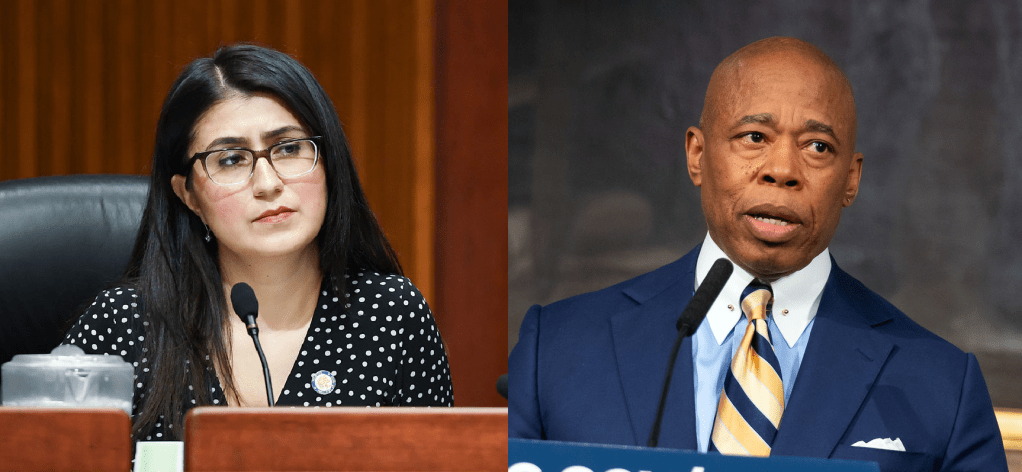You’d be hard-pressed to find Dr. Clarence Kong doing anything but helping people.
Most of the time, the 28-year-old Queens resident dons a white lab coat and treats patients at North Shore University Hospital in Manhasset and Long Island Jewish Medical Center in New York. Away from the hospitals, however, he devotes much of his time to the NYPD serving as an auxiliary sergeant in his home borough.
The doctor has been working in emergency rooms for the past three years — and while that gig can be quite grueling, he still finds a way to be a devoted member of the NYPD’s Auxiliary Unit — the team of volunteer, unpaid, uniformed officers who help regular officers patrol residential and commercial areas, participate in outreach events and add to police presence in high-crime areas.
Nearly a decade ago, during his college years, Kong was first inspired to take on the role after seeing others volunteer to help people.
“I went to the City College of New York and at that campus, there was an EMS group and they were college students just like me who volunteered their time responding to emergencies for their peers. And I was able to see the difference, the positive difference and impact that they were able to make in someone’s life at a very short notice,” Kong told amNewYork Metro. “It really inspired me: EMS, firefighters, and police officers, all of them. They’re really selfless people, and they really decided to dedicate their career to putting others first.”
This longing to help others struck a chord with Kong. Since a young age, the doctor has felt a need to help others and says it is a life goal to put that into practice in as many ways as possible.
“It’s something that is very meaningful and something that is very necessary,” Kong explained. “It brings me a lot of joy to be able to serve in those roles.”
Despite the somewhat contrasting roles between cops and doctors, Kong says there is a lot of overlap between the two professions.
He also has learned a great deal from his time in both roles and has been able to apply that knowledge to the other, adding that being a physician has come in handy during his tenure as an auxiliary sergeant.

“I responded to an EMS call while on patrol and we were flagged down by someone who found someone choking at a restaurant,” Kong recalled. “When we got there, the person was thankfully okay with breathing. But when they found out that I was also a doctor, they were much more relieved.”
Still, despite its rewarding nature, balancing life as both an auxiliary cop and a doctor is not an easy struggle. Both require long hours, tremendous patience, a keen mind, and an extraordinary passion.
Nevertheless, Kong says he has no desire giving up his auxiliary duties while maintaining a professional goal in medicine: to become an official NYPD surgeon to respond to officers in need of his assistance.
“Sometimes it’s difficult, but I remind myself that even with a busy schedule it’s important for me to make time for things that I find meaningful,” Kong said. “To make a positive impact on my community through public service, that’s something that has really brought me a lot of joy.”



